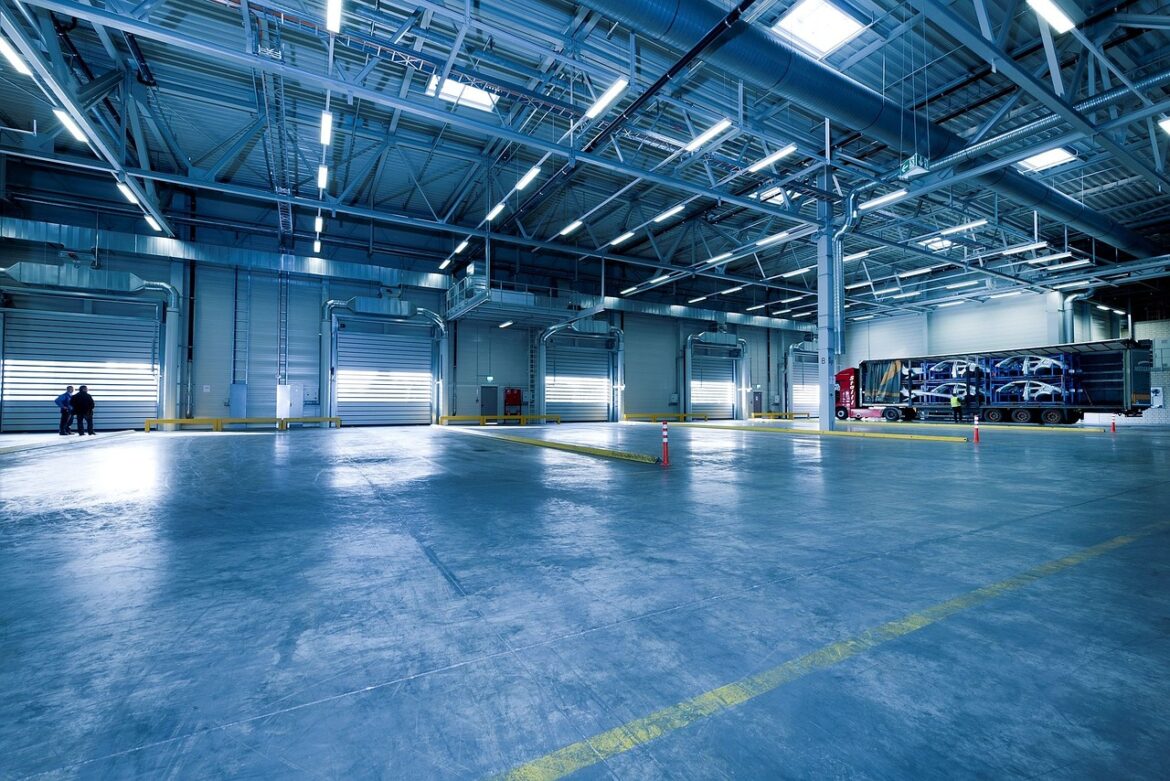Introduction to Supply Chain Trends in 2025
Imagine a world where supply chains are more resilient, efficient, and sustainable than ever before. Welcome to the future of supply chain management in 2025 In this exciting era, technology is not only transforming how goods are produced and distributed but also ensuring that companies stay ahead of the curve in terms of sustainability and customer satisfaction. Let’s dive into five of the most trending technologies that are changing the game for supply chains across the globe.
1. AI Advancements
What is AI Doing in Supply Chains?
Artificial Intelligence is revolutionizing supply chains by optimizing planning processes, managing risks, and enhancing efficiency. For instance, BMW’s AI solution, SORDI.ai, uses simulations to improve distribution efficiency, creating digital twins of assets to streamline logistics. Similarly, Kinaxis is leveraging data-driven solutions for scenario modeling and operations management, helping businesses adapt to changes quickly.
Real-World Impact: By using AI to analyze vast amounts of data, companies can predict and prevent supply disruptions, leading to smoother operations and better decision-making. This is not just about technology; it’s about creating a future where supply chains are more agile and responsive to customer needs.
2. Digital Twins
The Digital Mapping of Reality
Digital Twin technology involves creating virtual replicas of physical systems or processes. Companies like GE Vernova and Maersk are using this to monitor warehouse operations, predict maintenance needs, and optimize logistics. By combining real-time data with AI analytics, businesses can identify bottlenecks and improve overall efficiency.
Real-Life Story: GE Vernova is a great example of how Digital Twins enhance asset lifespan and support sustainability goals, all while aligning with environmental reporting commitments. This technology is transforming traditional supply chains into smart, responsive systems that manage resources better than ever before.
3. Blockchain Technology
Blockchain in Supply Chains: The Quest for Transparency
Once considered a buzzword, blockchain is now revolutionizing supply chain management by offering unparalleled transparency. It allows companies to track products from origin to delivery, ensuring compliance and safety across highly regulated industries. Blockchain technology helps build trust and security, making product recalls easier and more efficient when issues arise.
Impact on Business: With blockchain, companies can assure customers about the origin, quality, and ethical sourcing of their products. This not only protects brand reputation but also supports sustainable and environmentally conscious practices that are increasingly important to consumers today.
4. Cloud Technology
Unlocking Visibility and Collaboration
Cloud technology has become a cornerstone of modern supply chain management. It provides real-time visibility into all stages of supply chains, ensuring that stakeholders have secure access to critical data. This level of transparency enhances collaboration, enabling swift issue identification and recall management.
How It Works: Companies like Loftware are emphasizing cloud technology to improve end-to-end visibility. Their studies show that cloud solutions have significantly improved supply chain operations, helping businesses navigate regulatory requirements more effectively.
5. Autonomous and AI-Powered Vehicles
Transforming Transportation and Logistics
The rise of autonomous vehicles and AI-powered fleet management is changing how goods are transported. Companies like Geotab are using AI and machine learning to analyze vast amounts of vehicle data, optimizing routes and enhancing driver safety. Nuro, an autonomous driving company, is leveraging vector search in their vehicles, allowing them to classify objects accurately on the road.
Future Directions: As technology advances, we can expect transportation to become even more efficient and sustainable, reducing carbon footprints and making logistics more responsive to real-time changes in demand.
Conclusion
The future of supply chain management is about more than just efficiency and cost savings; it’s about building sustainable, resilient, and agile systems that maintain customer satisfaction while minimizing environmental impact. As we move forward into this exciting era of technological innovation, it’s clear that companies embracing AI, blockchain, cloud technology, and autonomous vehicles will be the ones leading the way.
References:
- https://www.youtube.com/watch?v=zQES9pq-WdM
- https://cloud.google.com/transform/101-real-world-generative-ai-use-cases-from-industry-leaders
- https://iea.blob.core.windows.net/assets/b8a83930-5c77-4da7-b795-270ab6a6c272/EnergyandAI.pdf
- https://logisticsviewpoints.com/2025/04/11/supply-chain-logistics-news-april-7th-10th-2025/
- https://logisticsviewpoints.com/2025/04/07/from-warehouse-to-delivery-how-digital-twins-drive-real-world-efficiency/
- https://www.toptechtidbits.com/tidbits2025/04102025/index.html
- https://www.loftware.com/resources/blog-posts/2025/top-5-trends-for-2025-the-demand-for-supply-chain-visibility
- https://www.maersk.com/insights/digitalisation/2025/04/11/digital-twins-for-efficient-supply-chains



